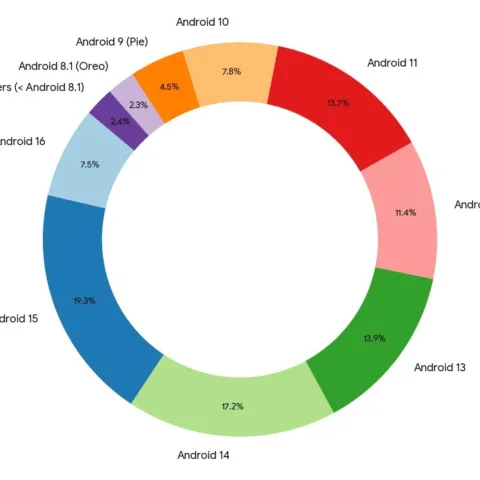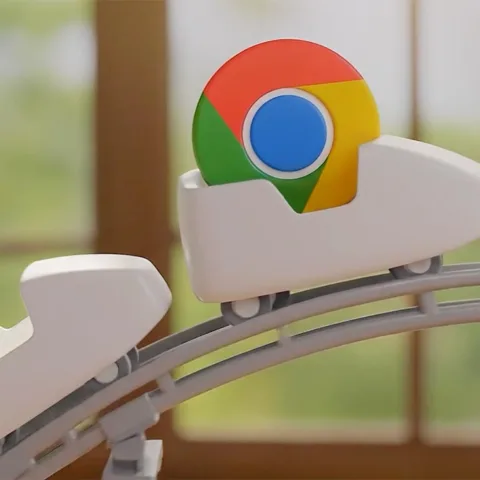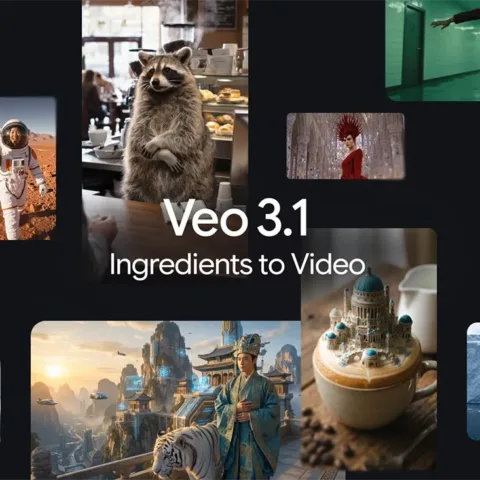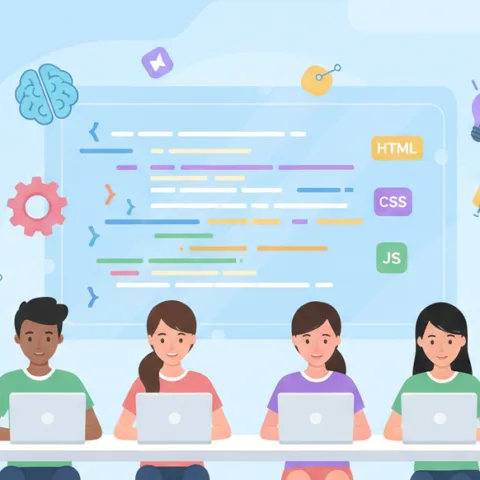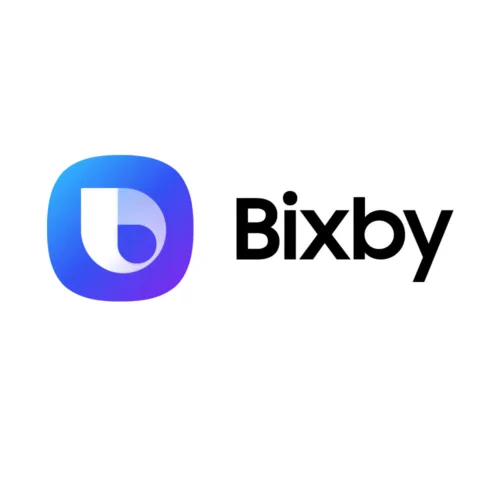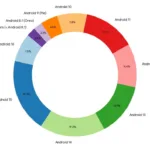 Google has finally cleared the last hurdle to acquire Motorola Mobility It promised the Chinese authorities that it will keep Android free and open for at least the next five years. As we posted earlier, it seemed like a no-brainer that Google would agree to this, after all, ever since Android was released in 2007, being open and free had been its mantra and selling point. It certainly helped the explosion of the platform to become the most popular mobile operating system in just five years, shooting past Nokia’s Symbian.
Google has finally cleared the last hurdle to acquire Motorola Mobility It promised the Chinese authorities that it will keep Android free and open for at least the next five years. As we posted earlier, it seemed like a no-brainer that Google would agree to this, after all, ever since Android was released in 2007, being open and free had been its mantra and selling point. It certainly helped the explosion of the platform to become the most popular mobile operating system in just five years, shooting past Nokia’s Symbian.
However, since then the platform has been under fire from major companies holding various patents relating to the mobile industry and how the hardware and software operate together. Oracle is a major force in attacking Android for using Java while Apple and Microsoft have managed to force Android device manufacturers to pay license fees to the two companies or modify their products if they refuse to license patents belonging to the two companies.
Keeping Android free and open is going to be an expensive undertaking for Google and its partners, especially since Android has yet to become a serious revenue generator by itself. Of course, Android was not created to deliver direct revenue but instead to provide Google with a mobile platform on which it would deliver advertising, since display ads make up more than 80 percent of Google’s revenue.
The fact that it agrees to a time limit implies that Google may have been or still is considering to close off Android and charge license fees to its partners to mitigate the cost of the licensing battles that the platform is facing. Of course, the company would never admit that publicly or it will face massive backlash from its supporters and partners.
The Chinese authorities of course have a strong interest in seeing a free and open Android platform because Chinese companies like Baidu and China Mobile have been working on their own mobile operating systems based on Android. Baidu Yi and the OPhone were created out of older versions of Android but both have replaced every application that came with Android with their own version and they come with their own application libraries. Just like Kindle Fire, Baidu Yi and OPhone have cut Google off from their respective mobile OS and allow a local ecosystem to thrive. Both OS have their own trajectories separate from Google’s road map for Android.
Florian Muller at his FOSS Patents blog goes deeper into this issue, bringing up various situations and factors that are affecting the matter. He also questions Google’s ability to fulfill the commitment that Google made to the Chinese authorities due the intellectual property battles it and its partners are currently facing in courts around the world.

